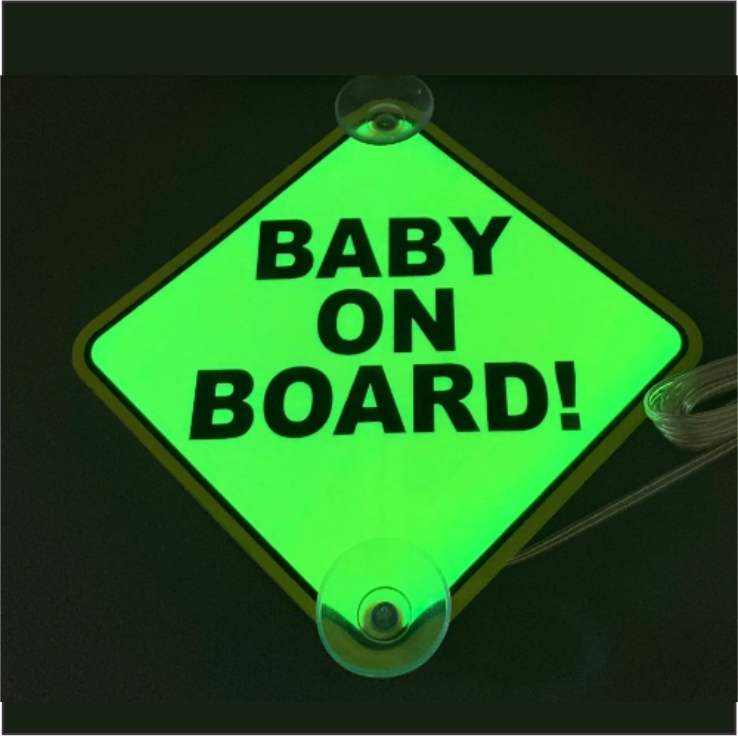Cart0ProductProducts(empty)
No products
Free shipping!Shipping
$0.00Total
Product successfully added to your shopping cart
Quantity
Total
There are 0 items in your cart.There is 1 item in your cart.
Total products(tax incl.)
Total shipping (tax incl.)Free shipping!
Total(tax incl.)
.gif)
.gif)
.gif)

Price : $0.00

Learner Plates, Illuminated Sign
Learner Plates and P Plates
Learner plates and P Plates are electroluminescent and can be essential for safe driving. Learner plates, also known as L-plates, light up for enhanced visibility and safety during night driving lessons. They are vital for novice drivers as they navigate the early stages of learning to drive and are a game changer for night driving..gif)
.gif)
.gif)

Price : $0.00
These plates are typically affixed to the front and rear of a vehicle and feature a distinct design—a yellow background adorned with a large black letter 'L'. The two types of P plates have a red and green background adorned with a large white letter 'P'.
This helps in fostering a safer environment on the roads by encouraging awareness and tolerance among all road users. For those learning to drive, displaying learner plates is not just a legal requirement in many jurisdictions but also a practical safety measure.
It allows new drivers to practice under varied traffic conditions while visibly signalling their status as learners. This visibility is crucial in promoting responsible driving habits and ensuring that both the learner and surrounding traffic can proceed safely. In conclusion, learner plates play a pivotal role in the education and safety of new drivers, aiding in the gradual development of their driving abilities while promoting awareness and caution among other road users.
EL Sign
This marking serves as a clear indication to other road users and pedestrians that the vehicle is being driven by someone who is still learning the rules of the road and gaining driving experience. The purpose of learner plates is twofold: to alert fellow drivers to exercise caution and patience when encountering the vehicle, and to signify to law enforcement and authorities that the driver is in the early stages of acquiring driving skills.This helps in fostering a safer environment on the roads by encouraging awareness and tolerance among all road users. For those learning to drive, displaying learner plates is not just a legal requirement in many jurisdictions but also a practical safety measure.
It allows new drivers to practice under varied traffic conditions while visibly signalling their status as learners. This visibility is crucial in promoting responsible driving habits and ensuring that both the learner and surrounding traffic can proceed safely. In conclusion, learner plates play a pivotal role in the education and safety of new drivers, aiding in the gradual development of their driving abilities while promoting awareness and caution among other road users.
Customize Your Order







